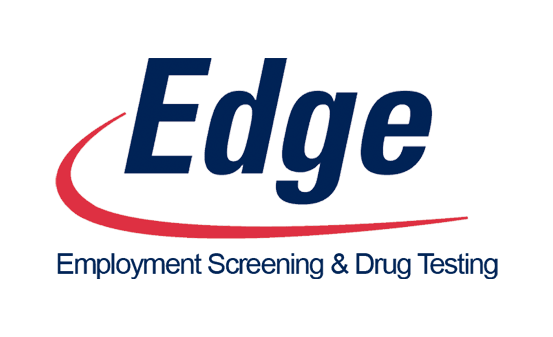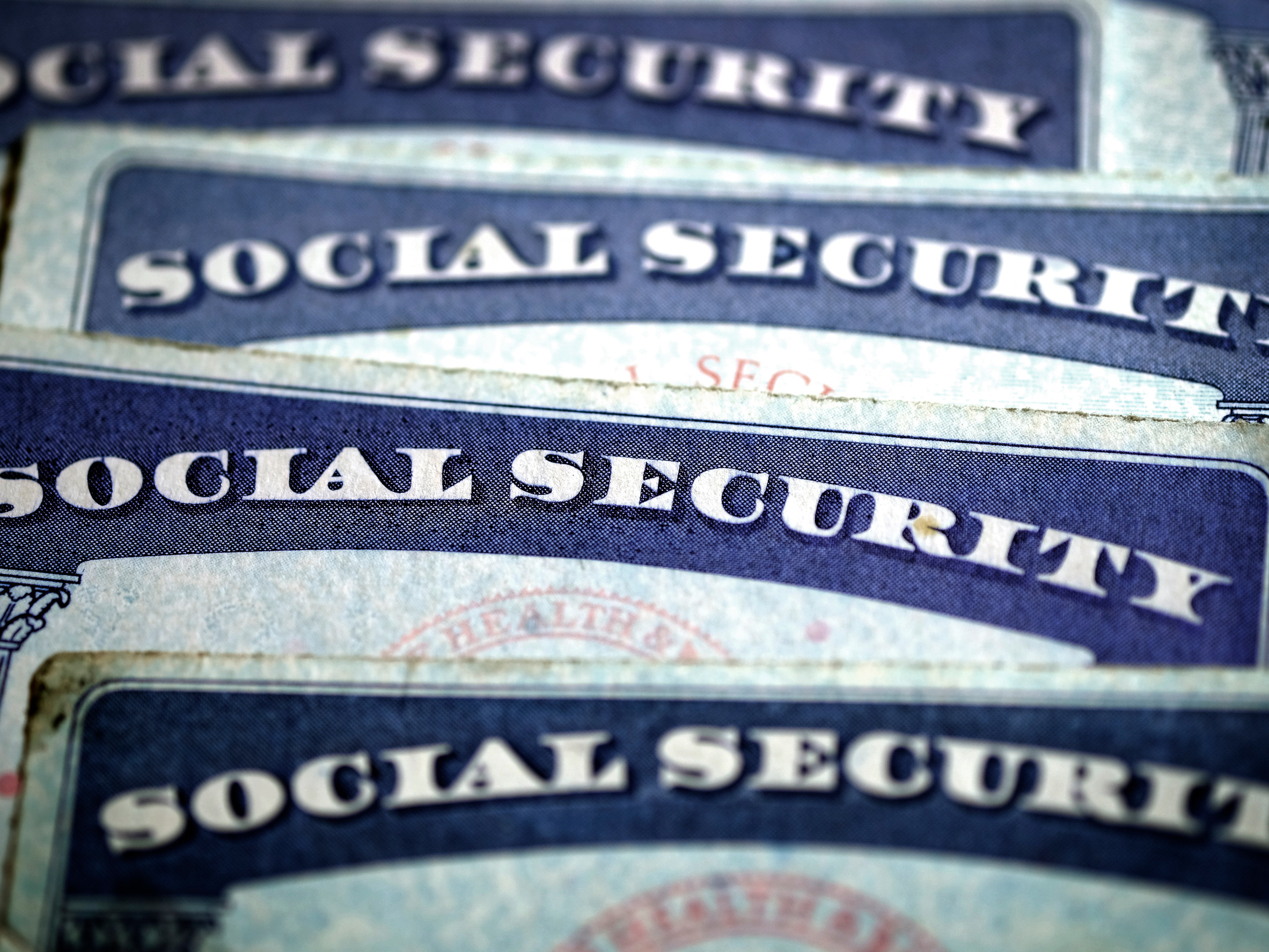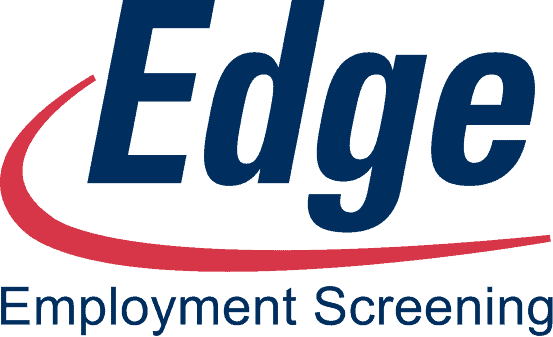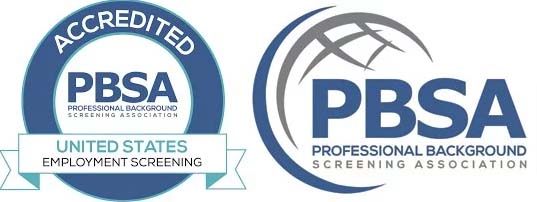Employers should routinely conduct comprehensive background checks to assess the reliability and trustworthiness of prospective employees. A key component of this process is the verification of the individual’s Social Security Number. This document not only serves as a critical form of identification but also helps confirm the person’s eligibility to work in the United States, track wages, and determine entitlement to government benefits. In this article, we will explore the significance of Social Security cards in employment background screening.
What Is a Social Security Card and Its Importance in Background Checks?
Social Security Number
In the US, the Social Security Administration (SSA) issues Social Security cards. Along with the person’s name, the card has their Social Security Number (SSN), a nine-digit number specific to Americans.
A Social Security card plays a vital role in tracking an individual’s income and determining eligibility for Social Security benefits. It records earnings and the amount of Social Security and Medicare taxes paid over time. This information is essential for calculating eligibility and benefit amounts for programs such as retirement, disability, and survivor benefits.
In addition, a Social Security card serves as a reliable form of identification when applying for employment, loans, government assistance, and other services.
Importance in Background Checks
The Social Security Card is important in the individual’s employment background check through SSN Trace. SSN Trace retrieves an individual’s information from public and private records, including voter registration, credit bureau, and mail-forwarding records. Additionally, it might reveal other names used, address history, work history, and criminal history in other areas within the consumer report..
Legal Considerations for Employers When Using Social Security Numbers (SSNs)
Employers must follow various federal and state laws about using SSNs in hiring and employment procedures.
Gathering and Use of SSNs
Employers should obtain written permission from employees before collecting personal information using SSNs. The information should be gathered for legitimate needs, such as payroll processing, tax reporting, employee benefits, and conducting background checks.
Protecting SSNs
Like other sensitive employee information, SSNs must be secured and protected from unauthorized access. Various federal and state laws require this protection. The Gramm-Leach-Bliley Act and the FTC Safeguards Rule are excellent examples of these.
For their protection, SSNs stored electronically must be encrypted. Additionally, paper records having SSNs must be securely stored to prevent unauthorized access.
Restricting Access
A dependable pre employment screening company advises that only authorized personnel should be allowed to access SSN data on a legitimate need-to-know basis. These personnel must have undergone training on handling SSNs, understand the sensitivity of the data, and be able to recognize unauthorized access and other activities that might compromise the data.
Prohibiting Public Display
The federal law, Social Security Number Privacy and Identity Theft Prevention Act of 2007, and Florida Statute 119.071 prohibit the public display of SSNs. This is to address the risk of identity theft and fraud. However, a partial display, such as showing only the last four digits of the SSN, is a safe choice.
Proper Disposal
Because SSNs are sensitive information, employers should securely dispose of documents containing them. For paper documents, shredding with a crosscut, diamond-cut, or confetti-cut shredder is the best choice before disposal. Digital records must be permanently removed. Then, their storage devices must be physically destroyed before being sent to recyclers.
Disclosure of SSNs
Employers should adhere to legal regulations when showing SSNs to third parties, such as vendors and service providers, who must also ensure the security of this information. Individuals must provide written consent, showing the specific purpose, such as conducting pre-employment background checks.
Collection
Public agencies can collect Social Security Numbers (SSNs) only if they have legal authorization or if it is necessary for their official duties. Agencies must inform individuals of their authority to collect SSNs. They must document the reason for the collection and should gather SSNs based on the stated purpose.
Use
SSNs are confidential and should only be shown by law, court order, or written consent from the individual.
Handling
Agencies must securely manage SSNs. In a data breach, they must inform affected individuals. SSN records should be kept separate from other documents.
These regulations are in place to protect individuals, particularly from identity theft.
Federal Privacy Regulations
Privacy Act of 1974
The Privacy Act of 1974 protects records about an individual’s personal information, such as names, social security numbers, or other identifying details. These records are only available when individuals have provided written consent.
Fair Credit Reporting Act (FCRA)
The FCRA regulates the use of consumer credit details, including SSNs, in credit reports. These reports must be correct and confidential.
How Social Security Verification Enhances the Accuracy of Background Checks
Social Security verification confirms identity, assisting with employment background check accuracy, and preventing fraud using trusted databases and records from educational institutions and earlier employers. The database shows names, addresses, and any potential criminal records.
Best Practices for Employers When Handling Social Security Information
Limit Collection and Use
Gather only essential Social Security Information (SSI) and restrict its usage to the bare minimum. Use alternative identifiers.
Secure SSN Information
Store paper documents with SSNs in a secure location and ensure limited access. Digital files with SSNs should be encrypted in secure servers. Access should be limited to authorized personnel only.
Lessen SSN Exposure
Unless the full number is needed, show only the last four digits of the SSNs on documents. Don’t share SSNs through email and unsecured or unencrypted channels.
Teach and Train Employees
Teach your employees the value of protecting SSNs and the proper handling of SSIs. Train them to detect, report, and respond to compromises in SSN data.
Dispose Data Securely
Dispose of records having SSNs securely to prevent unauthorized access or identity theft. Shred paper documents with a crosscut, diamond-cut, or confetti-cut shredder. Permanently remove digital records and physically destroy storage devices before recycling.
Final Thoughts
A Social Security is useful in employment background screening. It aids in confirming the number is a valid number. However, you must be careful in collecting, using, and managing the associated information, particularly the SSN.
Several federal and state laws regulate this process. Acquaint yourself and your employees with these laws for compliance and avoiding legal consequences. Consult an employment background screening company to navigate SSN regulations.










